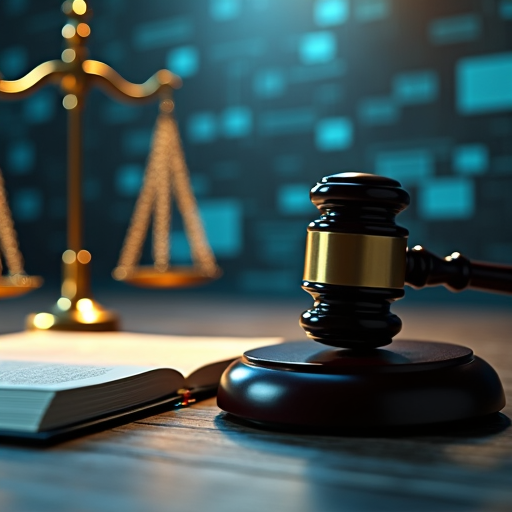
The Rise of Generative AI in Legal Practice
Generative AI is revolutionizing industries, and the legal sector is no exception. From drafting contracts to predicting case outcomes, AI is increasingly being used to streamline legal processes. However, the implications of this technology are far-reaching, raising questions about accuracy, ethics, and the future of legal professions.
AI in Legal Drafting
Generative AI tools like OpenAI's GPT-4 are now capable of drafting legal contracts with minimal human intervention. These tools analyze vast datasets of legal documents to generate coherent and contextually appropriate drafts. While this can save time and reduce costs, concerns persist about the potential for errors or "hallucinations"—instances where AI generates plausible but incorrect or misleading content.
Predicting Case Outcomes
AI is also being employed to predict the outcomes of legal cases by analyzing historical data and identifying patterns. This application could democratize access to legal insights, but it also risks perpetuating biases present in historical rulings. Critics argue that AI predictions may lack the nuance and contextual understanding that human lawyers bring to the table.
Mock Trials and AI Advocacy
In educational settings, AI is being used to simulate mock trials, where it can argue cases based on legal precedents. While this provides valuable training for law students, it also sparks debates about whether AI could eventually replace human advocates in certain scenarios.
Ethical and Practical Challenges
The integration of AI into legal practice is not without its challenges. Issues such as data privacy, accountability for AI-generated errors, and the potential for job displacement in the legal sector are hotly debated. Regulatory frameworks are still catching up, leaving a gray area in terms of liability and oversight.
The Future of AI in Law
As AI continues to evolve, its role in the legal field will likely expand. However, the need for human oversight and ethical guidelines remains paramount. The legal profession must balance innovation with caution to harness the benefits of AI while mitigating its risks.
